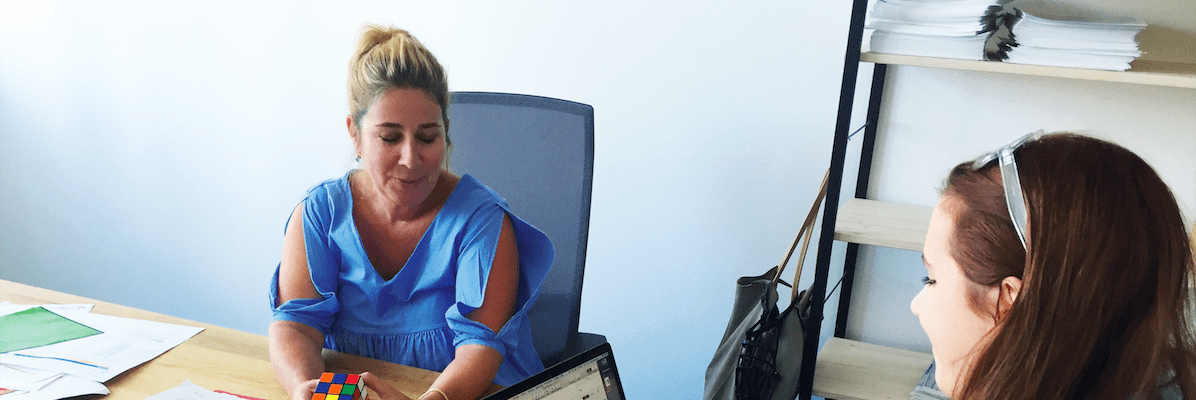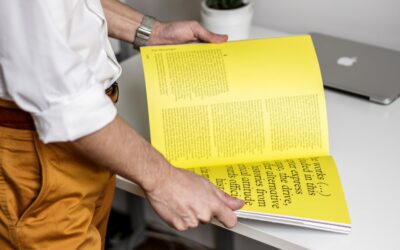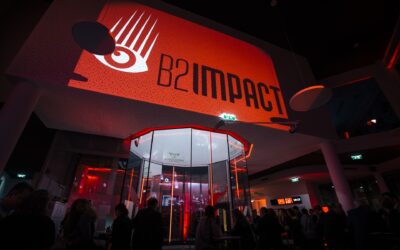What are you actually doing here?
Event boss Beatrice Schmidt on the infinite number of steps required to plan a single event, events she herself likes to attend as a guest and the moment when German ex-Foreign Minister Joschka Fischer was refused a drink by the bartender.
Where did your interest in event planning actually come from?
I am originally a marketing person. I studied something else and worked in advertising for a long time. I also worked in pharmaceutical marketing, where I completed additional training. After the birth of my second son, I started working part-time as Florian Zangerl's assistant at the industry magazine, where it was also my job to look after the two events at the time. My passion for marketing then shifted to events and I specialised in that. But marketing skills are definitely important for successful event organisation.
What is important to you as a guest at an event?
That I feel as comfortable at the event as if I were invited to a friend's party. That is also our credo here. The goal is to radiate a personal warm-hearted touch even with 200 people, and at the same time to have a professional background.
Which events could you not do without as a participant?
To my wedding or the birth of my children!
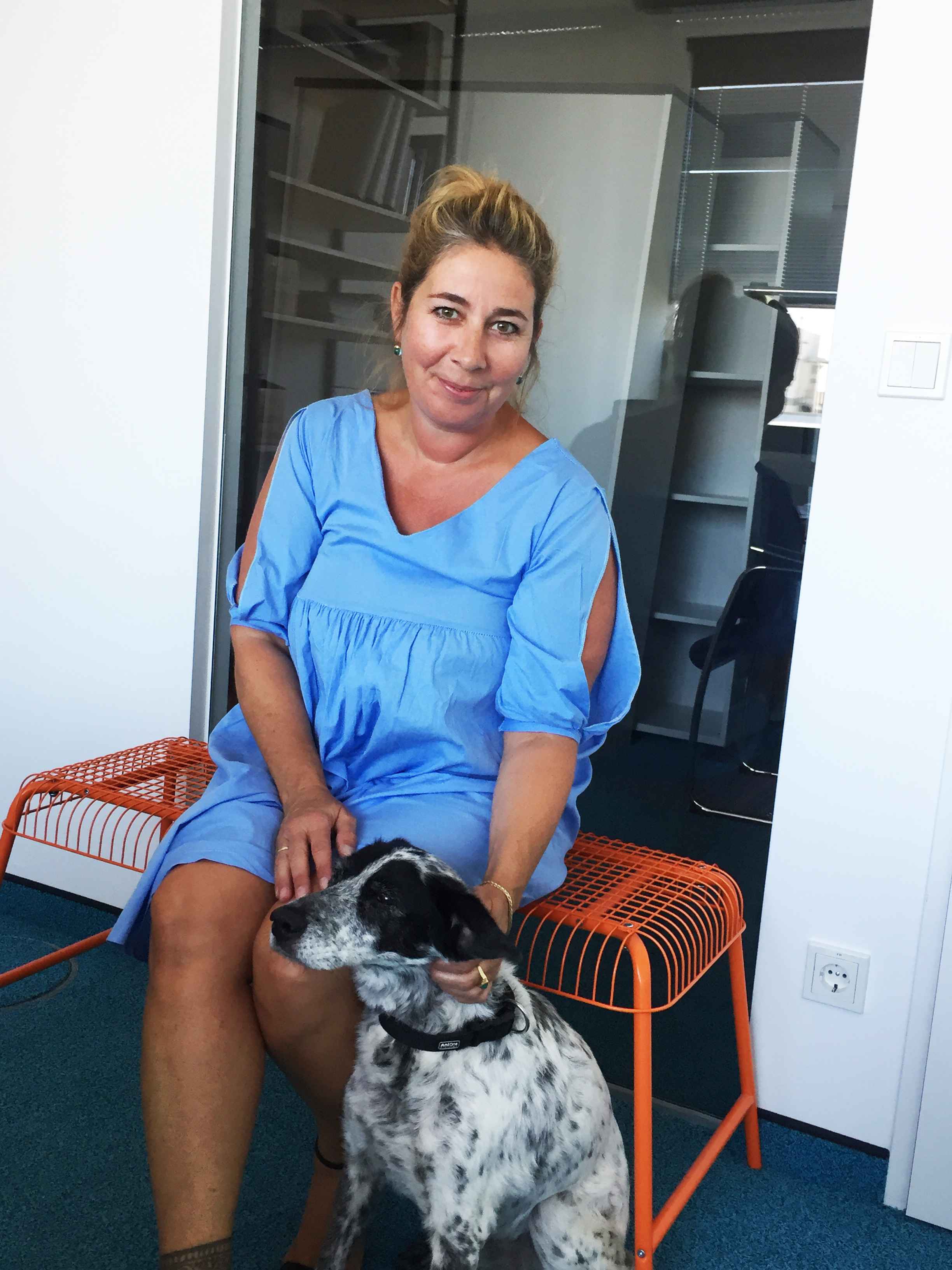
Event manager Beatrice Schmidt with the very free employee Zorra
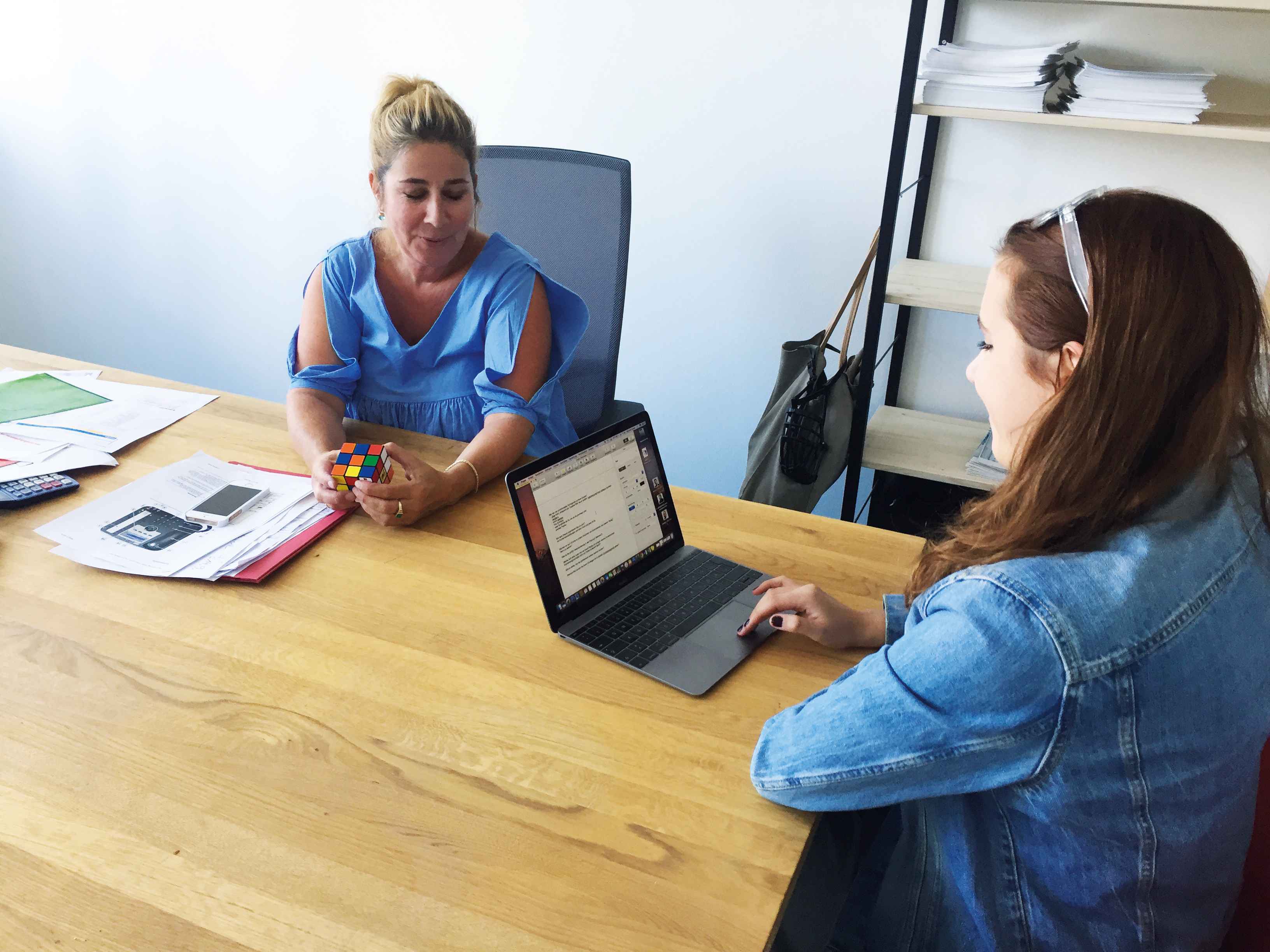
Freshly moved: Making-Of the exciting interview in the new offices of WEKA Industriemedien
What advantages can a publisher take advantage of when organising events?
As a publishing house, we have the advantage that we know our target groups very well because we work a lot with personas. Moreover, our communication is not a one-way street and we get a lot of feedback from the participants directly at our events. The media we use as a publishing house anyway, such as our newsletters, help us to do marketing without incurring expenses. Many other companies certainly don't have this advantage.
Which event forms work best?
The events that work best for us are those that address a very specific topic with a target group that is as concrete as possible. For example, the topic of spare parts in after-sales for those responsible for spare parts in the logistics area of a company - the target group definition cannot be much more precise. This is the best way to achieve success.
Have participants' expectations changed in recent years - and if so, how?
What everyone expects these days is added value. People really want to see expertise on stage when they invest a whole day and also money. Our guests want to be well entertained at events, whereby good entertainment means further education, aha effects and exchange with the speakers. You can really score points with a professional event process.
Which speakers are particularly fresh in your memory?
A funny episode was once with Joschka Fischer at the industry congress. It was a very hot day with temperatures that felt like 40 degrees. After the lecture, everyone was relieved and went up to the roof terrace for a champagne reception. The champagne, however, was already warm from the heat, and Mr Fischer then asked the waitress for a cool bottle, whereupon she told him "For eana moch' i sicher ka neiche Floschn auf". That was the hit of the evening.
And as a guest?
Personally, I was incredibly impressed by a lecture given by the German climate researcher Professor Hans Joachim Schnellnhuber.
Who was the most prominent speaker at your events?
We had former goalkeeper Oliver Kahn as a guest on the occasion of the European Football Championship. Armin Assinger has also been there, as have Kira Grünberg, Joschka Fischer and many board members of international companies.
How many events do you organise per year?
In total, there are probably around 25 to 30 events.
Do you also organise events for other companies?
Yes, we also organise events for other companies. We are commissioned to develop concepts, whereby the companies that approach us have an interest in our target group, the industry. This then goes from larger events to small round table sessions.
What are the biggest challenges in event planning?
The difficult thing about the event sector is that it is incredibly small. You definitely need a good overview, even of the small things that need to be done. In addition, social media has doubled the work in marketing and PR, you have to be present on all channels, even if the success is not always completely measurable. In principle, planning an event takes what feels like three million steps to complete. With two or three events at short intervals, you are often amazed at what you can achieve.
Would you like to know more about event planning? You can reach Beatrice Schmidt by email at beatrice.schmidt(at)industriemagazin.at

